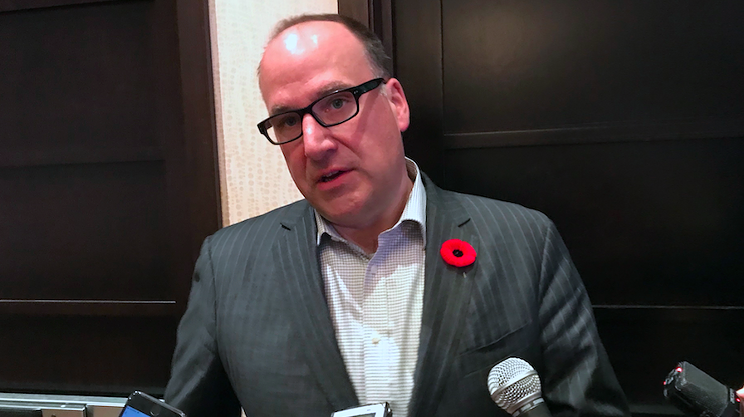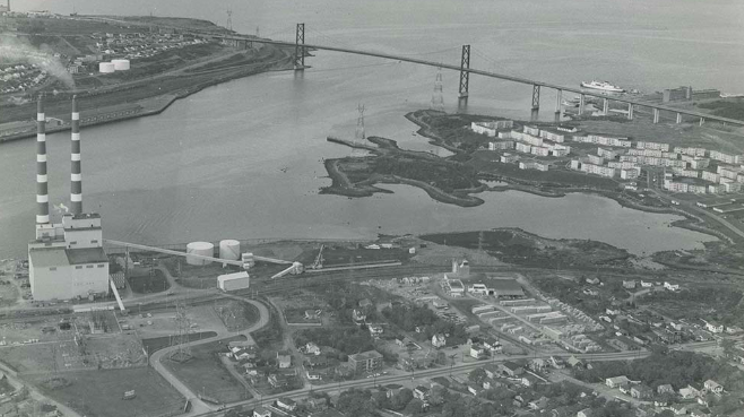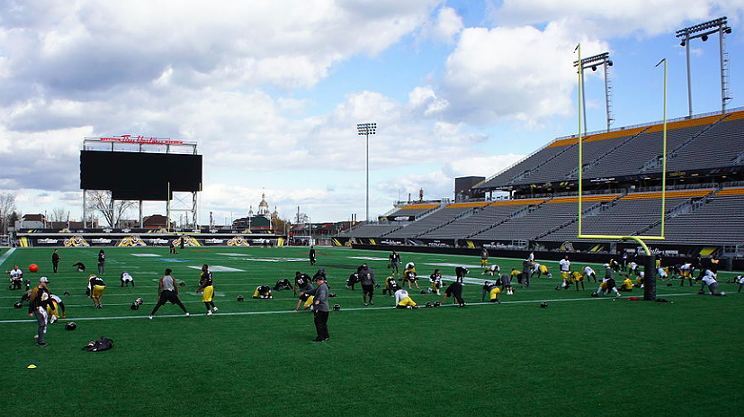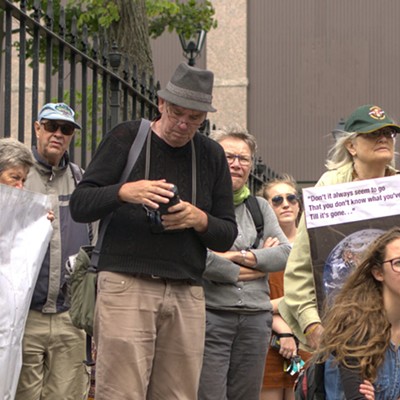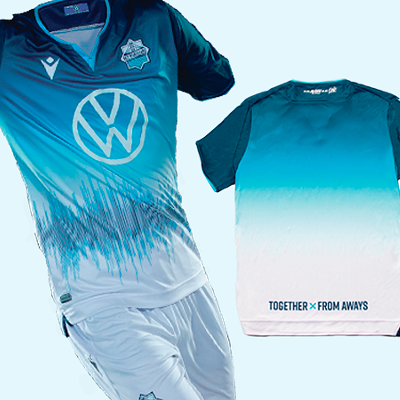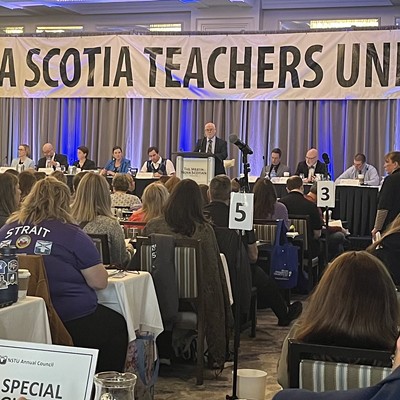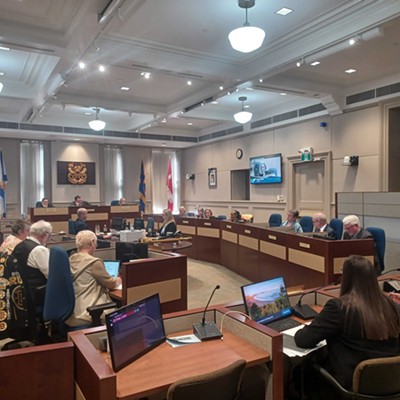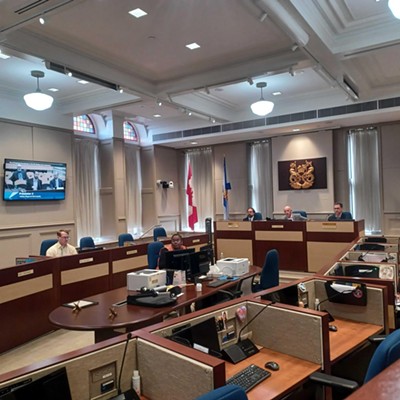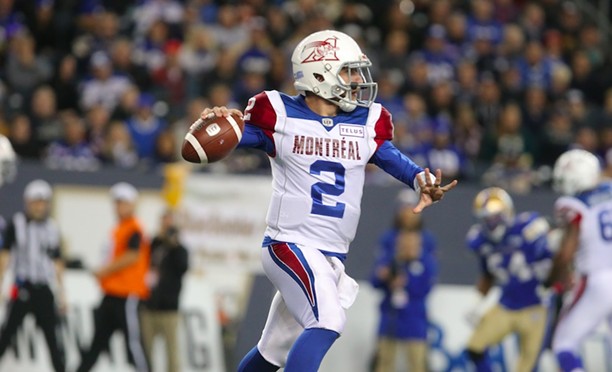
There’s no question that football is a dangerous game— even if the leagues in charge choose not to acknowledge it.
Only three weeks into the 2018 season, the Canadian Football League had lost four quarterbacks to the injured list—a surprisingly high number for so early in the year. Two months later, another QB took a powerful hit and left the field with signs of a concussion.
Winnipeg Blue Bombers quarterback Matt Nichols was out before the season began with a knee injury. The Roughriders’ Zach Collaros took a head injury in week two. The Toronto Argonauts’ Ricky Ray was carried off the field on a stretcher in only the second regular season game. The Montreal Alouettes lost starting QB Drew Willy to a neck injury in week three, and later a head injury saw Johnny Manziel show signs of concussions.
By the time the season ended in November neither Ray, Willy, Collaros or Manziel had returned to the game.
For those out indefinitely, a future playing career can look uncertain. No Canadian athletes are covered by provincial work health and safety regulations, and team-funded support is limited to one year after the date of injury. After that, injured players are on their own.
Despite the risk, the CFL is looking to add a 10th team to the league: the Atlantic Schooners. The Maritime Football Limited Partnership submitted a proposal to
The Schooners have already started selling merchandise and securing early season ticket applications, hoping to bring another franchise into an injury-prone game that’s increasingly being called out for the risks it poses to player health.
A study from the Journal of the American Medical Association a few years back found signs of the concussion-related CTE (chronic traumatic encephalopathy) in 99
Researchers at McGill and Alouettes team physician Scott Delaney, meanwhile, have conducted a survey of 454 professional football players to investigate why athletes may choose to not report concussions. The study found almost a quarter of those players felt they had suffered a concussion during the 2015 season, but 82
According to the study, most injured players simply didn’t think the injury was serious enough, and many were worried about being removed from the game if the injury was too severe.
There’s another reason athletes may choose not to report any injuries: the CFL has historically denied a direct link between football and brain injury, making it tough to receive compensation and support as an injured player.
In March, the Supreme Court of Canada threw out BC Lions wide receiver Arland Bruce III’s concussion lawsuit against the CFL. According to court documents, Bruce suffered "permanent and disabling" repetitive head trauma in his 13-year career with the league. He continues to suffer post-concussive symptoms, including depression, paranoia, delusions and other medical issues.
Provincial courts argued that it wasn’t their job to mediate unionized employees issues with their collective agreement, recommending labour arbitration instead. As in most cases, the Supreme Court did not give a reason for dismissing the case.
In response, the CFL released a one-line statement saying it was “very pleased” with the court’s decision and hopes it brings “finality” to concussion suits against the CFL.
The labour group representing Canadian football players, the CFL Players’ Association, has used Bruce’s case to kickstart a campaign for better health and safety regulations for employees.
In late March, the Association filed a grievance with the CFL, asking the league to provide full compensation for injured players, work on new policies to reduce the risk of injury and to start providing players coverage under provincial workers compensation plans.
The CFLPA was unable to give The Coast a comment at this time, but said via email that it anticipates negotiations over these terms with the CFL will start soon, and the association hopes “to sit down with the League as soon as they are willing.”
In the meantime, Halifax continues to build momentum to add its own team to the league with a planned regular season game to be played in Atlantic Canada later this year. The Toronto Argonauts and the Montreal Alouettes—both of whom lost quarterbacks last year—will face off in an expanded stadium somewhere on the east coast on August 25.

